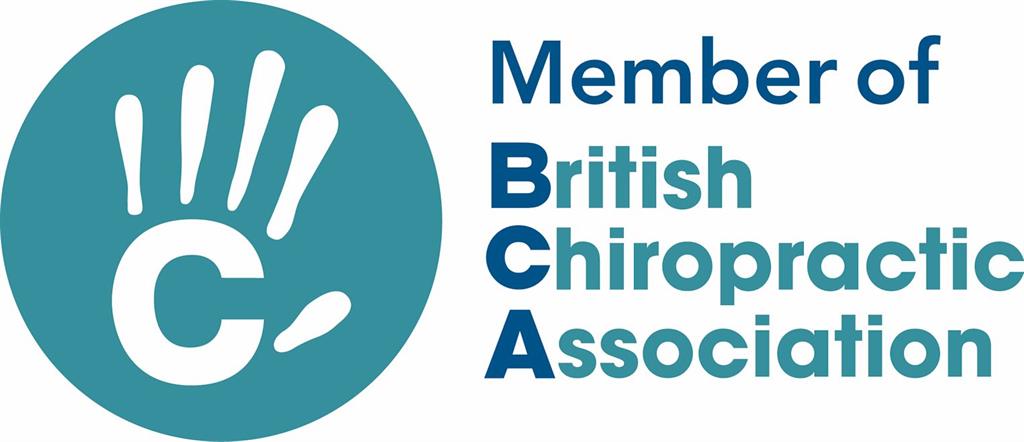
Waking up with a creaky back is more common than you'd think - recent research reveals that nearly one in three people experience back and neck pain after a night's sleep, while most feel stiff or achey.
A poll of more than 2,400 people for the British Chiropractic Association (BCA) found 30% believe sleep triggers back and neck pain and 42% had been kept awake by the pain.
Some 83% said they feel stiff or ache when they get up in the morning.
The BCA is urging people to check their mattress is still supportive enough but also says they should try out pillows before they buy.
The survey found 33% of people change their mattress only once a decade despite recommendations to buy a new one every seven years.
A fifth (21%) admit changing their mattress less than once a decade and 10% had never changed it at all.
Some 64% of people also confessed they had not tested a pillow before buying it.
The BCA says people should change their mattress if they regularly wake up stiff or aching, have a better night's sleep somewhere else, the mattress is misshapen or sagging, it creaks when people move, or if individual springs can be felt.
How often you should change a mattress depends on lots of factors including your weight and how well you have cared for your mattress.
However, as soon as a mattress stops supporting your back it's vital you get a new one.
A mistake that people often make when choosing a new mattress is thinking the firmer the better. This is not always true - one bed does not fit all.
We spend a third of our lives in bed so it's important to spend time choosing your new mattress and, remember; if you're planning on sharing your bed with your partner, take them with you to test it.
Sleep Position
I always advise my patients to lie on their side with their knees together to avoid back pain. You can lie on your back but you must put a pillow or two under your knees to keep them bent. This flattens out your low back and makes sleeping more comfortable. Please, please do not sleep on your front unless you like waking up in pain and spending £1000's at the Chiropractors!
MG
A poll of more than 2,400 people for the British Chiropractic Association (BCA) found 30% believe sleep triggers back and neck pain and 42% had been kept awake by the pain.
Some 83% said they feel stiff or ache when they get up in the morning.
The BCA is urging people to check their mattress is still supportive enough but also says they should try out pillows before they buy.
The survey found 33% of people change their mattress only once a decade despite recommendations to buy a new one every seven years.
A fifth (21%) admit changing their mattress less than once a decade and 10% had never changed it at all.
Some 64% of people also confessed they had not tested a pillow before buying it.
The BCA says people should change their mattress if they regularly wake up stiff or aching, have a better night's sleep somewhere else, the mattress is misshapen or sagging, it creaks when people move, or if individual springs can be felt.
How often you should change a mattress depends on lots of factors including your weight and how well you have cared for your mattress.
However, as soon as a mattress stops supporting your back it's vital you get a new one.
A mistake that people often make when choosing a new mattress is thinking the firmer the better. This is not always true - one bed does not fit all.
We spend a third of our lives in bed so it's important to spend time choosing your new mattress and, remember; if you're planning on sharing your bed with your partner, take them with you to test it.
Sleep Position
I always advise my patients to lie on their side with their knees together to avoid back pain. You can lie on your back but you must put a pillow or two under your knees to keep them bent. This flattens out your low back and makes sleeping more comfortable. Please, please do not sleep on your front unless you like waking up in pain and spending £1000's at the Chiropractors!
MG


 RSS Feed
RSS Feed













